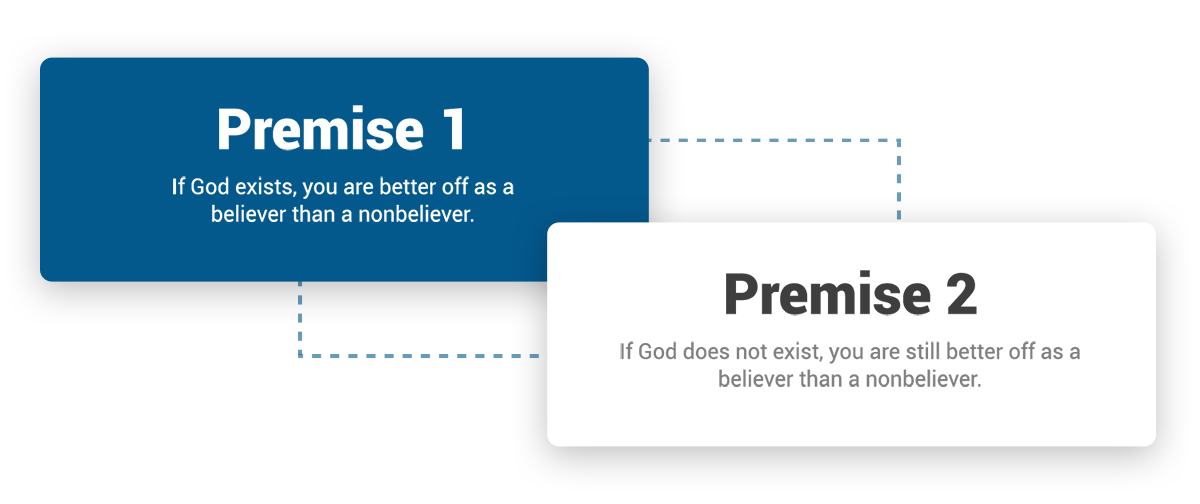WHY DOES THE TIMELINE IN THE BIBLE
MAKE NO SENSE?
WHY DOES THE TIMELINE IN THE BIBLE
MAKE NO SENSE?
Let’s Explore The Answer
Let’s Explore The Answer
If you read the opening sentence of the Bible, “In the beginning,” it’s easy to assume that the timeline of the Bible was written in chronological order from beginning to end. Upon further study, readers find that not only do certain books overlap one another, but many seem to be placed out of order according to their historical timeline. This can be confusing and often causes people to question why the books weren’t combined into a sequential pattern? After all, wouldn’t that make more sense?
Before we examine the most logical answer, let’s take a look at what both skeptics and atheists have to say about the Bible’s timeline.
Living On The Edge
Learn More About God
Sign up to gain immediate access to free sermon MP3s, devotionals, blog content, and more.


What The Bible Says
Practically speaking, the Bible’s a collection of individual books combined together to make a whole. Instead of being compiled in chronological order, the books are categorized into literary sections such as the law, history, poetry, and prophecy.
This particular order doesn’t invalidate the Bible or make it less accurate. In Psalm 33:4 we read, “For the word of the Lord is right and true; He is faithful in all he does.” The truths of God’s word remain the same whether we read them according to the historical timeline or not. In fact, the more someone studies the Bible the more familiar they become with the way things are arranged. They begin to see a certain ebb and flow of the Bible’s text which makes more sense over time.
It’s interesting to note that while most Bibles are arranged topically, there are now chronological Bibles available that maintain dates and events in historical order. Whichever version you study, when questions arise about the timeline of the Bible, readers are invited to ask God for wisdom. James 1:5 says, “If any of you lacks wisdom, you should ask God, who gives generously to all without finding fault, and it will be given to you.”
Perhaps a closer look at the timeline of the Bible in the context of God’s wisdom will help clear up confusion and inspire you to dig deeper into its fascinating accounts of Biblical history.
What would happen if you embraced the possibility that the God of the Bible really did create the world and really does care for you?
Pascal’s Wager

In the seventeenth century, a famous philosopher and mathematician, Blaise Pascal, encouraged people to make a wager when it came to belief in God. If a person chose to believe in God and God did exist, that person would gain everything (eternal life). If a person chose to believe in God and God did not exist, that person would lose nothing. On the other hand, if a person chose not to believe in God and he was right, he would lose nothing. But if that person did not believe in God and he was wrong- he would lose everything (lose eternal life).
This wager can be said another way:

Based on this logic, Pascal suggested the rational person would choose to believe in God as believing offers a person everything (eternal life) while losing nothing. Wherever you are in your faith journey, would you consider taking Pascal’s wager? If the good God of the Bible exists, you have nothing to lose and everything to gain by believing in Him today.
We’d Like to Provide More Resources to Help You Learn About God
To stay in touch with weekly resources from our team, fill out your information below.
